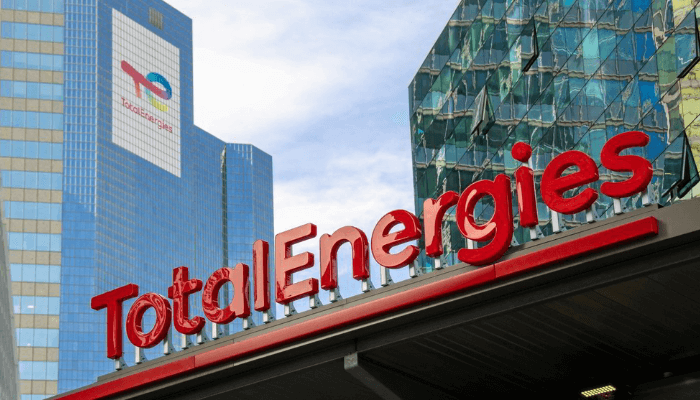French energy giant, TotalEnergies, has announced a new plan to begin the large-scale production of biofuels using used cooking oil, as part of its broader strategy to promote clean and renewable energy sources. The company revealed it has signed a 15-year agreement with Quatra, a European leader in collecting and recycling used cooking oil, to supply 60,000 tonnes of waste oil every year starting from 2026.
According to TotalEnergies, the used cooking oil will be collected from restaurants, restaurant chains, and food industries across France and other parts of Europe. After collection, the oil will be filtered at Quatra’s facilities before being delivered to TotalEnergies’ biorefineries, where it will be transformed into road biofuels and sustainable aviation fuel (SAF).
In a statement, TotalEnergies explained that the partnership is essential in ensuring a stable supply of raw materials—or feedstock—for its biofuel production facilities. “This deal contributes to securing the feedstock to produce biodiesel and sustainable aviation fuel,” the company stated.
Biofuels, which are derived from organic materials like plants, algae, and waste, offer a renewable and environmentally friendly alternative to fossil fuels. The specific type of biofuel TotalEnergies plans to produce—Hydrotreated Vegetable Oil (HVO) biodiesel and SAF—helps reduce carbon emissions, especially in transport and aviation sectors, which are among the highest emitters globally.
As part of this shift, TotalEnergies has already converted two of its oil refineries—La Mède in southern France and Grandpuits near Paris—into biorefineries. The La Mède facility, which launched in 2019, currently has an annual production capacity of 500,000 tonnes of biofuel, making it France’s only producer of HVO biodiesel. This site is also expected to start producing sustainable aviation fuel this year for airports in southern France.
In addition, the Grandpuits refinery is undergoing a full transformation into what TotalEnergies calls a “zero-crude” complex. The biorefinery component of this site will have a production capacity of 230,000 tonnes of SAF annually when it begins operations in 2026. Most of its raw materials will be supplied by SARIA, a European company that specialises in collecting and converting organic waste into sustainable products.
Valérie Goff, Senior Vice President of Renewable Fuels & Chemicals at TotalEnergies, expressed satisfaction with the deal. “I am delighted with this strategic agreement with Quatra that contributes to our aim to secure the feedstock we need to produce biofuels in our biorefineries,” she said. “The development of biofuels is one of our company’s strategic goals. By directly reducing the carbon intensity of the energy products used by our customers, we are actively working with them as part of our net zero approach, together with society.”
Co-CEO of Quatra, Pol Van Pollaert, also commented on the partnership, describing it as a perfect blend of sustainability and business practicality. “At Quatra, we believe in long-term partnerships with leading industrial groups that combine logistics, environmental responsibility and financial viability. The deal between Quatra France and TotalEnergies is an excellent example of that,” Pollaert said.
He added that the project supports a sustainable value chain by turning a commonly discarded waste—used cooking oil—into a valuable resource. “This allows us to focus on our core business, which is the efficient collection of used cooking oil across France, allowing TotalEnergies to turn that valuable resource into biofuel,” he added.
This partnership aligns with TotalEnergies’ broader climate goals, which include reaching net-zero carbon emissions by 2050. The move also fits into the European Union’s push for cleaner energy and stricter environmental regulations in transport and aviation.
By turning waste into energy, TotalEnergies and Quatra are showing how public-private collaboration and innovation can support a circular economy. The project is expected to play a key role in reducing Europe’s reliance on fossil fuels, while also supporting local economies through job creation and sustainable industrial practices.
